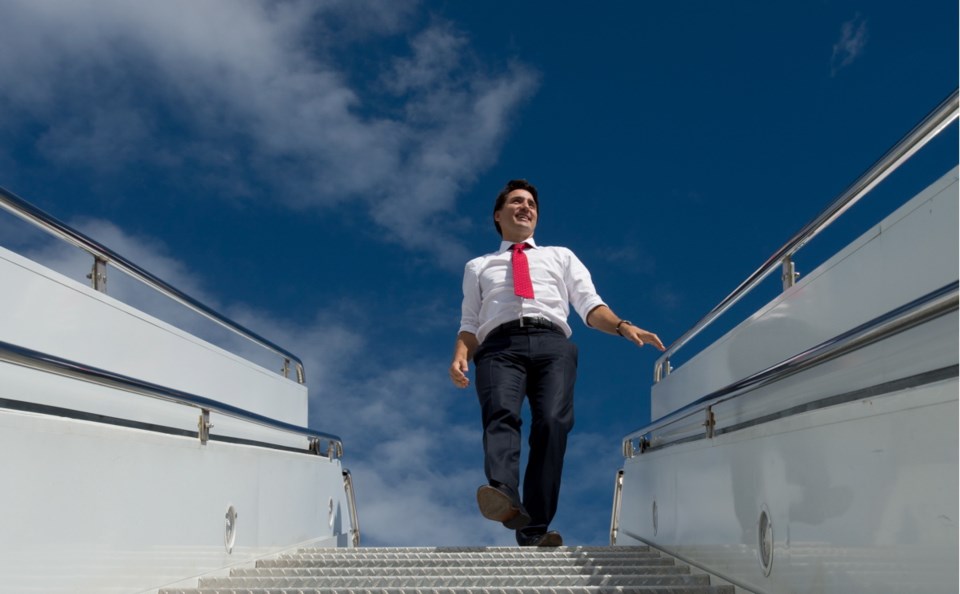OTTAWA — Justin Trudeau released a Liberal party immigration policy Friday that would set a new tone by emphasizing family reunification rather than make wholesale changes to the current system as the party sought to appeal to newer Canadian voters.
Among other things, the Conservatives put economic migrants at the heart of their policy, something Trudeau pledged to change.
“A Liberal government will make family reunification at the core of its immigration policy,” he said in Brampton, Ont.
“Making it easier for families to be together here in Canada makes more than just economic sense: When Canadians have added supports like family involvement in child care, it help drives productive and economic growth.”
In previous decades, millions of immigrants loyally voted Liberal, but the Conservative government under Stephen Harper has made steady inroads among those voters even as it overhauled the system that brought them to Canada in the first place.
But immigration lawyer Stephen Meurrens said the Liberals appear to be mostly tinkering, leaving intact key changes the Conservatives made. Those include caps on certain applications, the introduction of the safe-country system, and centralizing power in the hands of the immigration minister.
“They aren’t substantially undoing anything the Conservatives introduced,” Meurrens said. “But it will look like a very different immigration system because it will probably have a very different tone.”
Meurrens said the Conservatives have found themselves warring with organizations such as the Canadian Bar Association and refugee groups over immigration policy, a fight the Liberals would likely try to resolve.
Trudeau also pledged to repeal a law allowing the minister to strip dual citizens of their Canadian citizenship if convicted of certain crimes — a law that has angered members of the ethnic community as well as civil-liberties groups. The Liberals would also expand Canada’s intake of Syrian and Iraqi refugees to 25,000 immediately, while pouring about $200 million into the refugee process.
“All things being equal, a more generous immigration policy will appeal to the ethnic vote,” said Morton Weinfeld, a sociology professor at McGill University.
MIREMS, a company that monitors ethnic media, said response to the Syrian refugee crisis has been mixed, with some saying that taking in refugees demonstrates Canadian compassion and others arguing the crisis is not Canada’s responsibility.
While the Syrian crisis has pushed refugee policy into the campaign forefront, family reunification remains a perennial issue.
NDP Leader Tom Mulcair has committed to the reunification program but has released few details.
In 2011, the Conservative government put a two-year freeze on accepting new applicants in the family class as they tackled a huge backlog of cases — a legacy they blamed on the previous Liberal government. When they re-opened the program in 2013, the Tories put a cap of 5,000 on new applications annually. It still takes up to six years to process applications and the cap is reached within days.
The Liberals, Trudeau said, would double the cap to 10,000 and double the processing budget to handle applications faster. They would also make it easier for economic immigrants with siblings in Canada to qualify for permanent resident status by giving their applications extra points under the existing entry system.
Another change, he pledged, would be to allow people to sponsor their children until age 22, where it was until the Conservatives lowered the age to 19.
Conservative Jason Kenney, architect of many of the Harper government immigration changes, said voters won’t be swayed by Trudeau’s promises.
“New Canadians are smart and sophisticated and they remember, at least those who were here prior to 2006 remember, how broken the system was,” Kenney said.
“They remember how false these Liberal promises are.”


